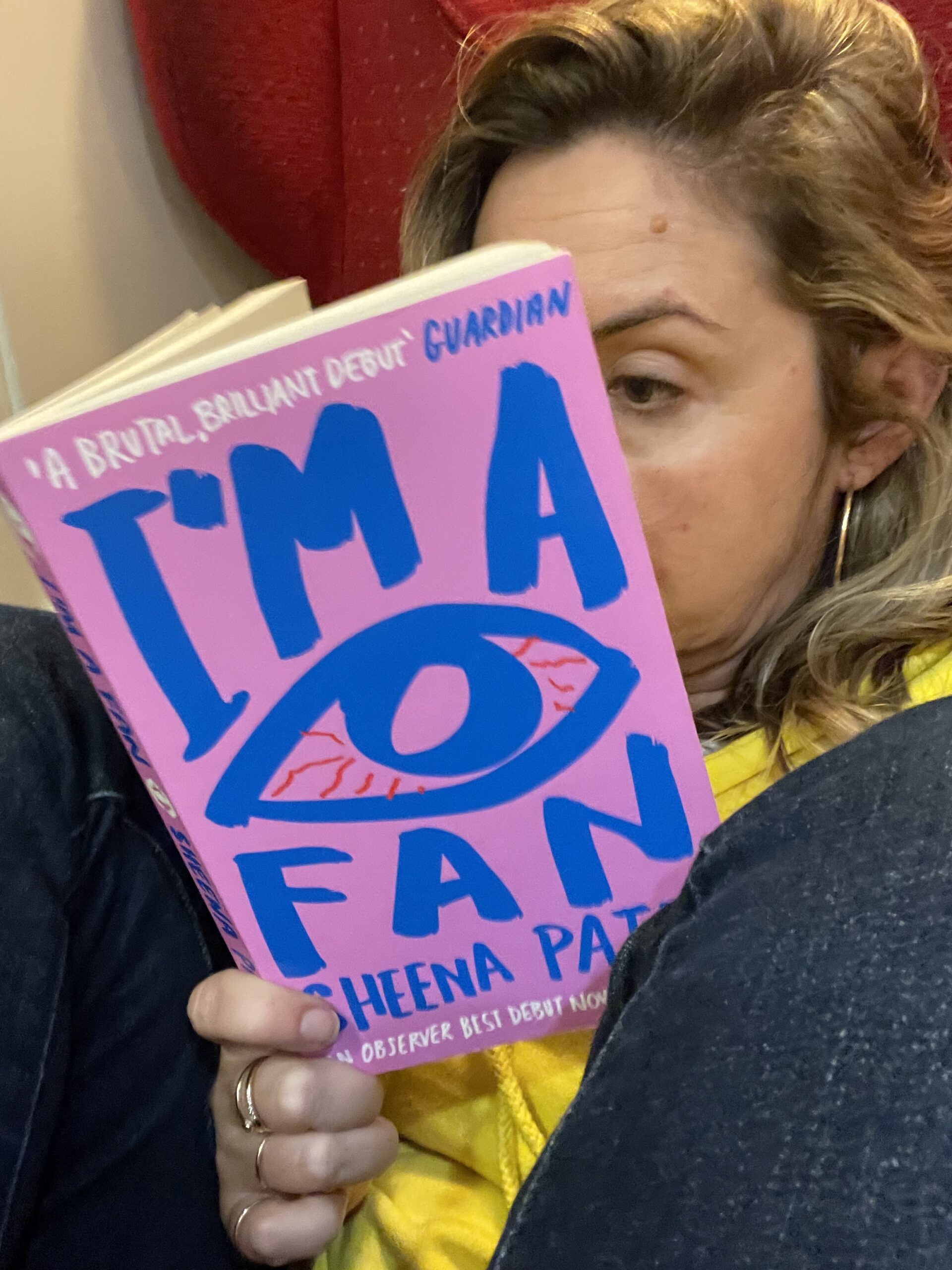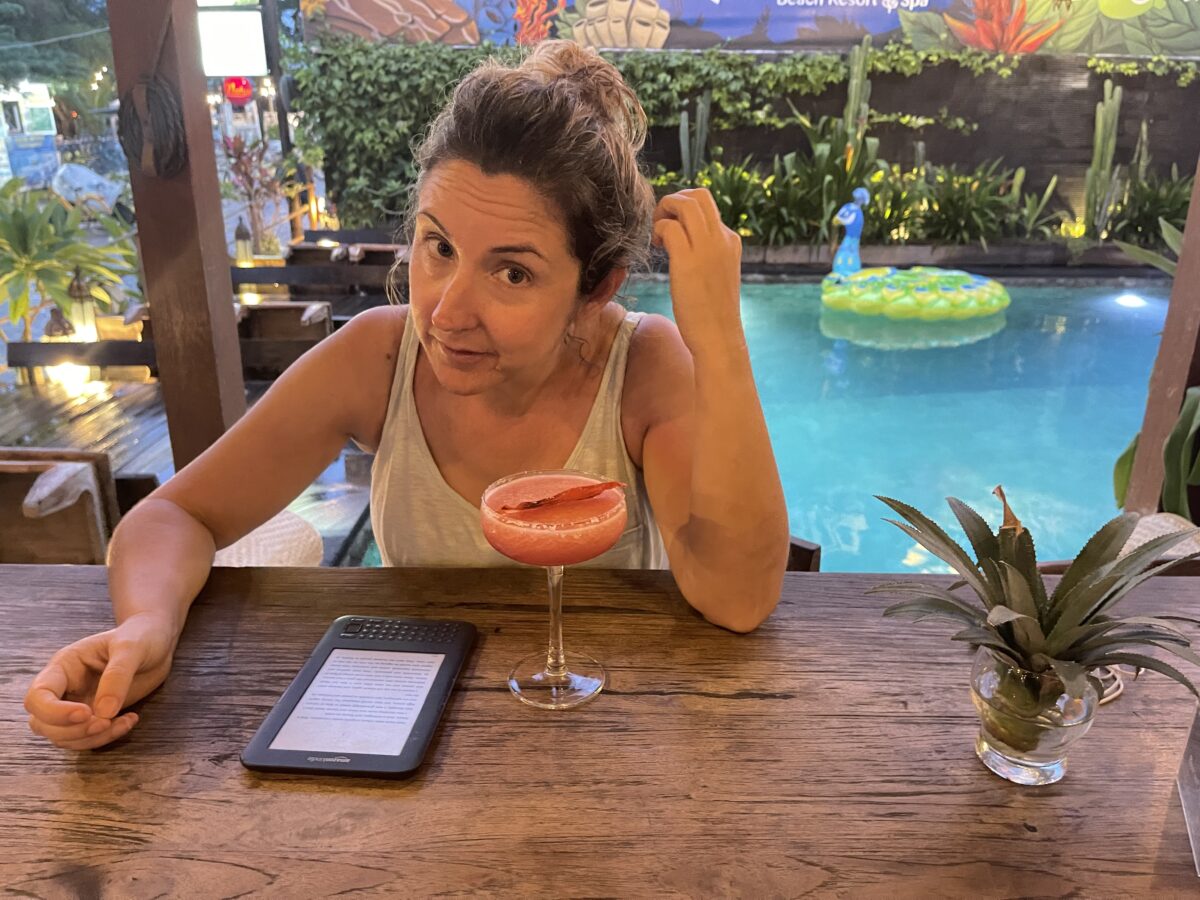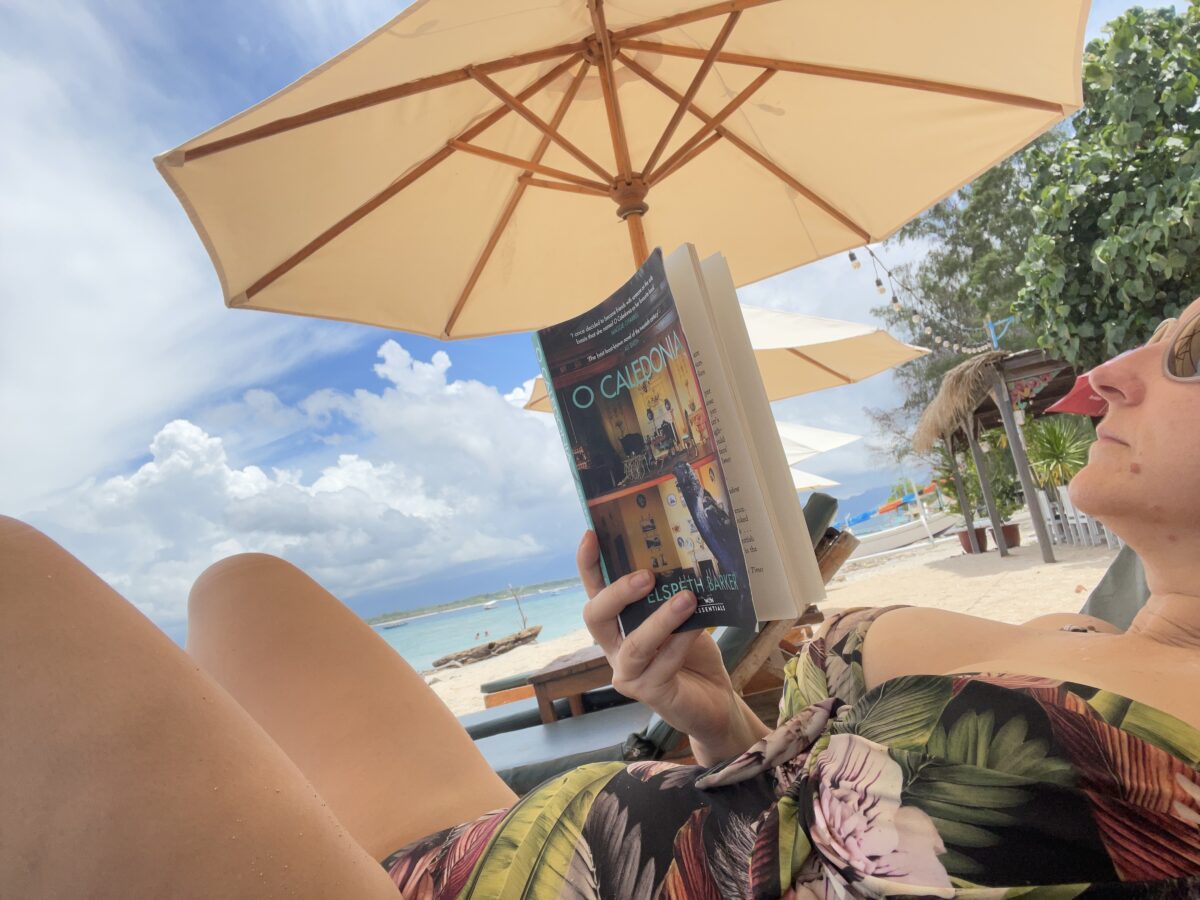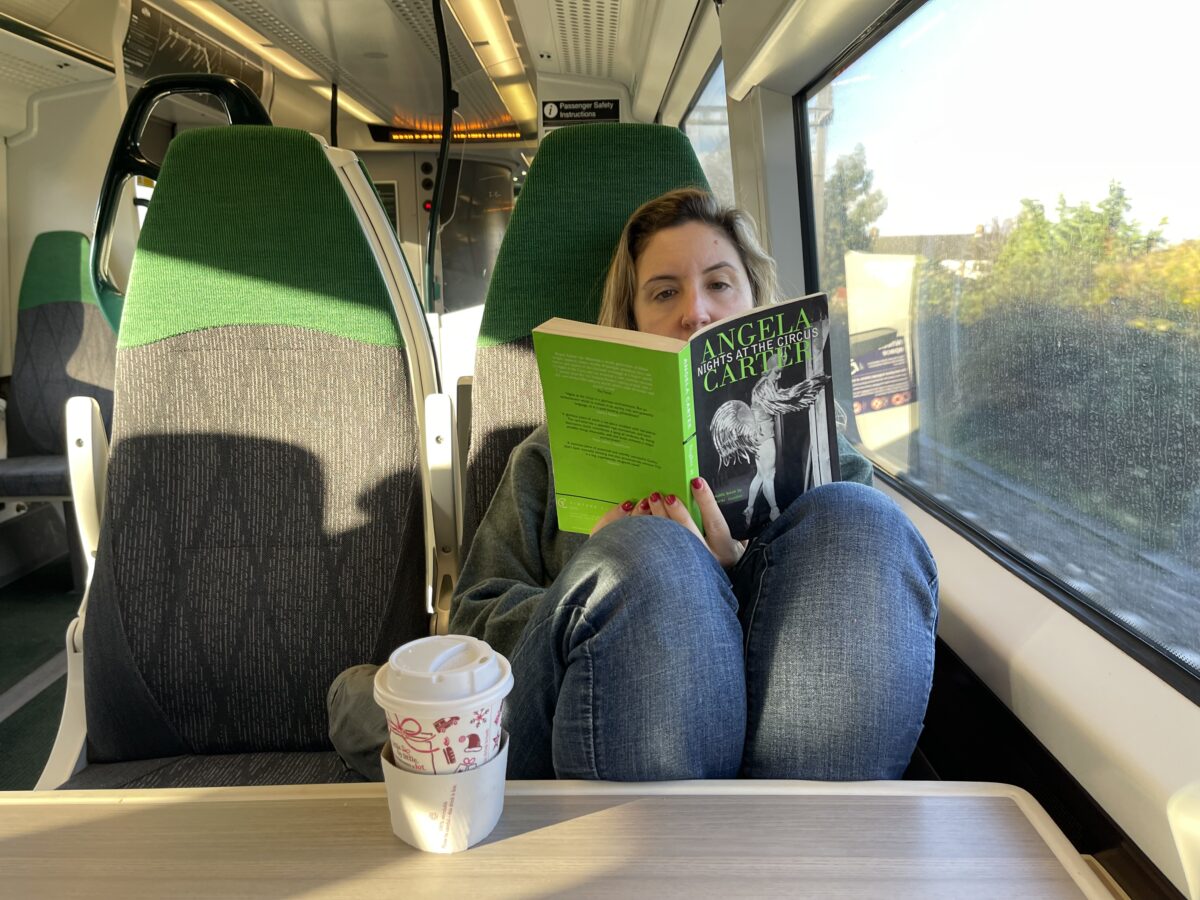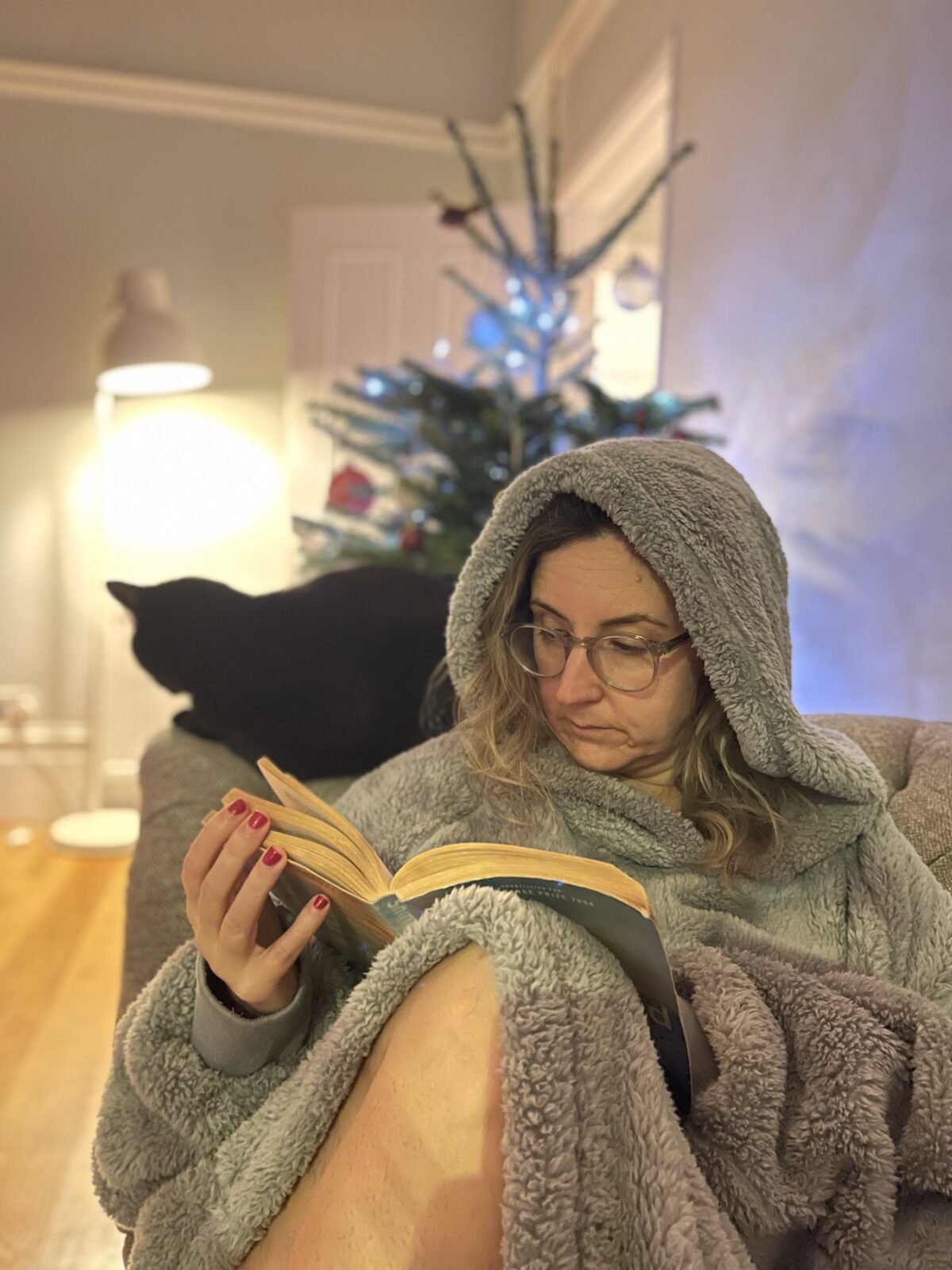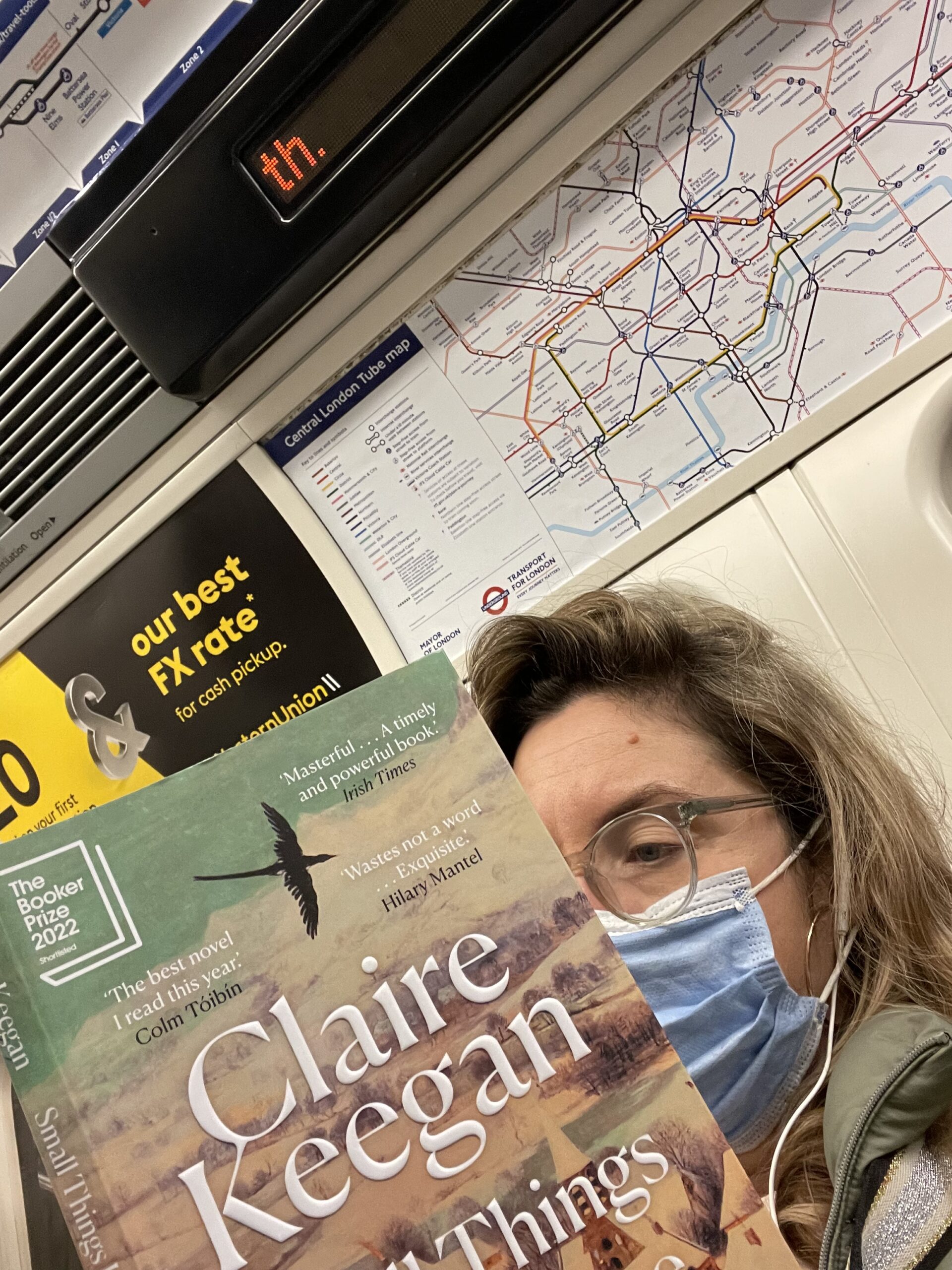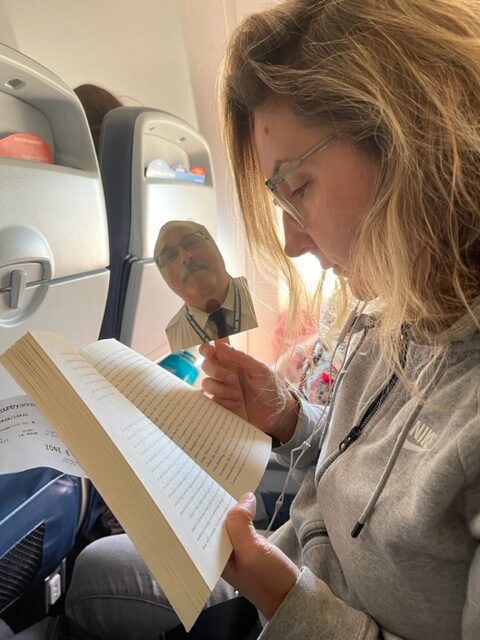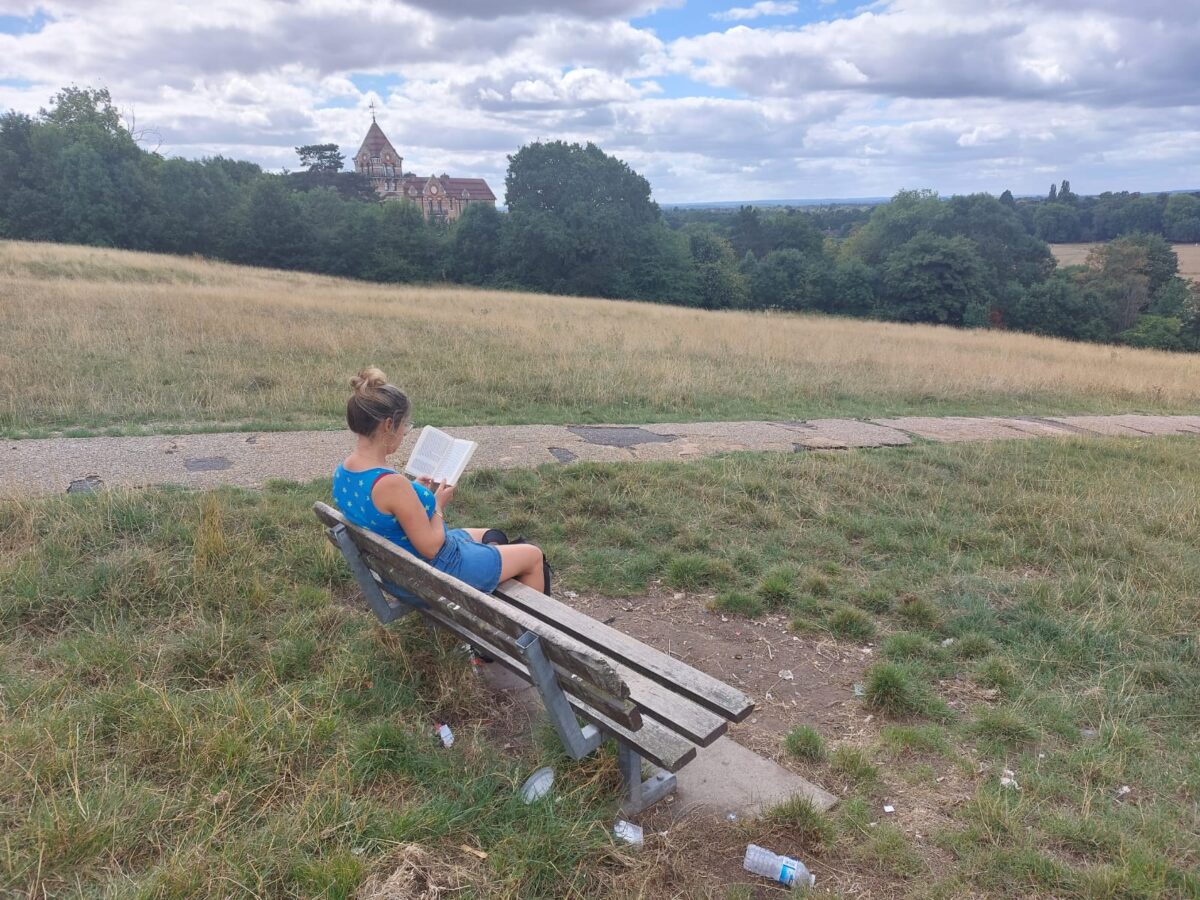Sometimes it feels as if every addict has written a memoir, like it’s one of the twelve steps or something.
I was recently noting how very many there were, and how similar. Here’s the book that shows I was wrong (first time for everything). It also shows something we often forget: how incredibly stitched up the book world is by people who were able to graduate high school.
THE GRASS ARENA is by a man who had an exceedingly tough childhood, became an alcoholic, and spent fifteen years homeless. It makes all sorts of more famous books on alcoholism look like a holiday camp, because they are all written by people who, at the end of the day, had parents in the suburbs to go back to. I have never read an account of what it is to be an addict without a safety net.
The grass arena is public parks, mostly round Camden. This is very much a book of north London. He tells about his daily life. He wakes up blacked out most days, and begins again from scratch to find enough money to drink. Let me give you a sample:
George and Ernie came back with a bag full of chicken bones. They’ve been down the dustbins again, back of the restaurants. Everybody welcome to lunch. Yeah, we’re all going to catch some horrible unspeakable disease. Not today perhaps. But time is on the dustbins’ side
He also tells us about his fellow drunks (not his friends, as he emphasizes: there are no friends in that community):
Alfie used to drink with a guy called Fingers Knox but Fingers got himself killed when he fell from the top to the bottom of the escalator in the tube. Poor old Fingers, that was some drop – he was a good beggar – lost most of the tops of the fingers of his right hand to the frost, a few winters back. He was a middle-aged Jock, used to travel out on the last tube to Edgeware every night to a skipper. He’d beg all the way on the tube going out, get a bottle next morning and beg his way back to the park. He was never without a drink. He used to take fits and get mugged often. He got nicked one time and the computer or something showed he was a deserter from the army in 1939! . . He used to say it was sad to have to creep and crouch and slink next morning after drink and that was why he always done a bit of late night begging. . . He had style. He would not keep jumping up at everyone that went past. He would wait. Then when he sensed the best beg, he’d put on his begging smile, beam in. Nine times out of ten it would be a fiver touch.
I find this very touching somehow, that this is what is left to posterity of Fingers Knox. The author eventually goes to jail for a long period, gets clean, and is eventually rescued from alcoholism by chess. Yes, you read that right. Someone teaches him chess and it transforms his life. He becomes a professional chess player. And then a yogi. What a man! What a life!

